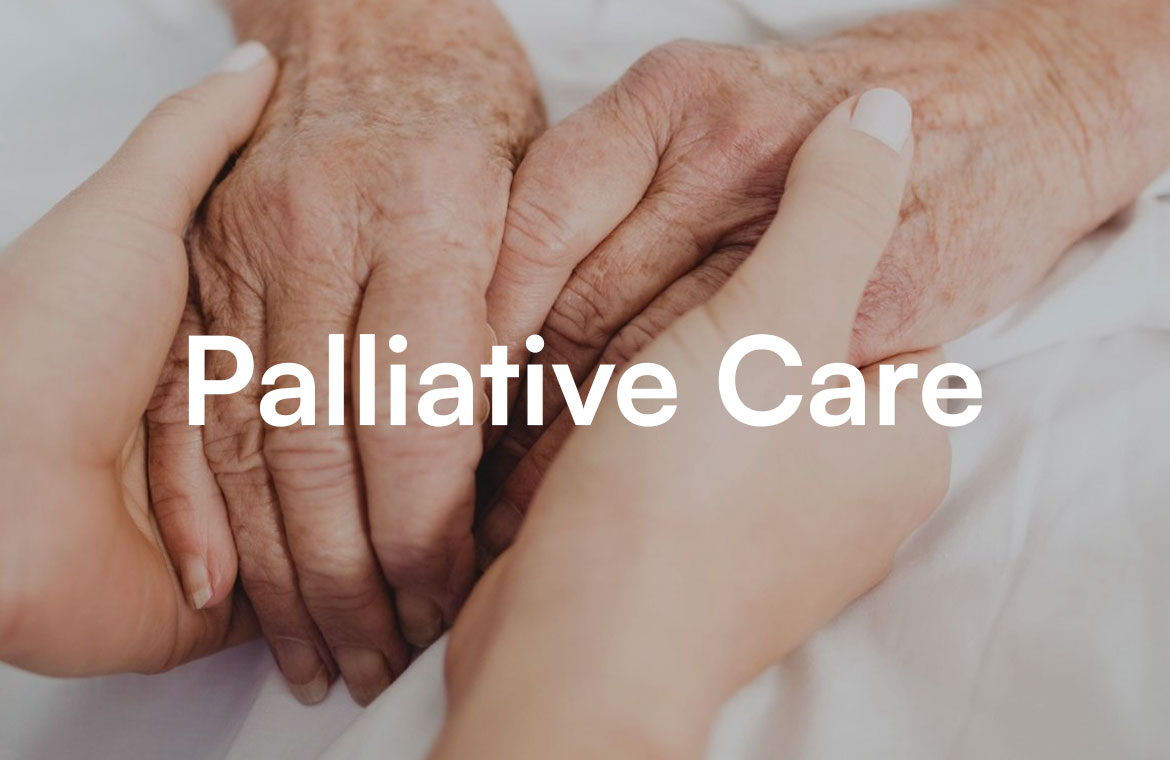Palliative care is an approach that improves the quality of life of patients with life-threatening illnesses, and their families through the prevention and relief of suffering by means of early identification, assessment and treatment of pain and other problems, physical psycho social and spiritual. It is a vital and integral part of all clinical practice, whatever the illness or its stage.
Although the concept of Palliative Care is not new, it has recently become quite popular. Care of the dying has been a constant feature of human society throughout the history. We have ancient traditions in India of looking after and providing special care and attention for the dying. The words hospitality, hotel, hospice, hostel, and hospital are all derived from the same Latin root ‘hospes’ meaning guest. The earliest institutions who cared for the ill people, primarily pilgrims during their pilgrimage were called hospices and were managed by religious groups. These pilgrims either recovered and continued traveling or died in these set ups. Modern palliative care appreciates the work of Dame Cicely Saunders, a prominent Anglican nurse, from London, who is known for the birth of hospice movement and emphasizing the importance of palliative care in modern medicine. In India, the first hospice was established in Pondicherry in 1876 and named after Count Debassyns De Richemont, the then Senator of India who had made a generous contribution of 10000 French francs to build it.
Palliative care starts as early as possible after the diagnosis of a life limiting illness. At the time of diagnosis, the disease is in an acute stage. For those who have access to medical care, that disease then becomes chronic, while disease modifying therapy is proceeding, changing the disease process into a chronic illness. The focus of care changes over time as the disease progresses. The patient may be relatively well while therapy is underway. However, a point comes when the disease becomes more advanced and life threatening. In more developed countries, hospice palliative care is available at the end of life to relieve suffering and improve quality of life. Advanced end of life care is instituted until the patient’s death, which is followed by the bereavement care.
In India, where hospices are very few, options for high quality end of life care remains limited. However, well run palliative home care services with clear communication and strong family support can go a long way in helping with troublesome symptoms and family concerns. The family support is mandatory as people with life limiting illnesses prefer to die at home where their wishes can be recorded and followed.
Palliative care should be a part of the care given to everyone with life limiting illnesses; it does not replace other forms of care and can be integrated into existing health programmes. Hospital palliative care and community or home based palliative care are models of palliative care. Supportive care helps patients and their families to cope with their disease and treatment from pre- diagnosis, through the process of diagnosis and treatment, to cure, the state of being ill or death and into bereavement. Hospice and hospice care refers to a philosophy of care rather than a specific building or service. It provides palliative or comfort care without concentrating on aggressive diseases reduction. End of Life care is an important part of palliative care and usually refers to the management of patients during their last few days, weeks or months of life from a point at which it becomes clear that the patient is in a progressive state of decline. Rehabilitation in the palliative care settings aims to help patients gain opportunity, control, independence and dignity. It responds quickly to help people adapt to their illness.
To achieve universal health, health for all, is the pivot for the evolving needs of the nation and the world. An estimated 34 million people need palliative care in the country and less than one percent have access to it. The need for palliative care in a developing country like India is huge, where cure of life limiting illness is often impossible, because of late presentation and limited treatment. Universal Health Coverage will be achieved if palliative care is one of the institutional goals for the Indian Medical Graduate. In the recent guidelines of national medical commission for under graduate medical education regulations 2023 the essential institutional goal for Indian medical graduate is to achieve competency to practice preventive, promotive, curative, palliative and rehabilitative medicine in respect to the commonly encountered health problems. The competency based training program of the Indian medical graduate is to train a learner into a clinician who understands and provides preventive, promotive, curative, palliative, rehabilitative and holistic care with compassion. The contribution of the Curriculum for Indian Medical Graduate towards Universal Health Coverage is by building competent learners in providing palliative care. The Indian medical graduate is a lifelong learner, leader and member of the health care team and system. He should be able to recognise life limiting illnesses and work effectively on the principles of comprehensive health including palliative and rehabilitative care.




As community physicians we are at a upper hand to handle our patients’ suffering right at their door step. I urge each one of us to participate in the journey towards developing primary palliative care in the country. An MOU to this effect has been signed between Indian Association of Palliative Care and Indian Association of Preventive and Social Medicine to formalise the entire process. We will start the training and service development program coming October. Your collaboration, cooperation and expertise will help us succeed in our endeavour.
I look forward to many hands to come forward to support this endeavour.